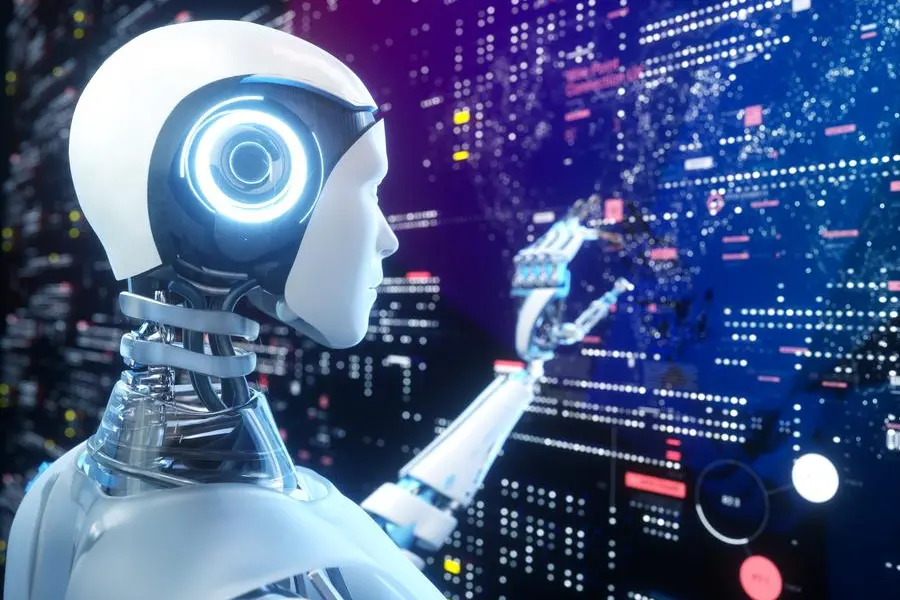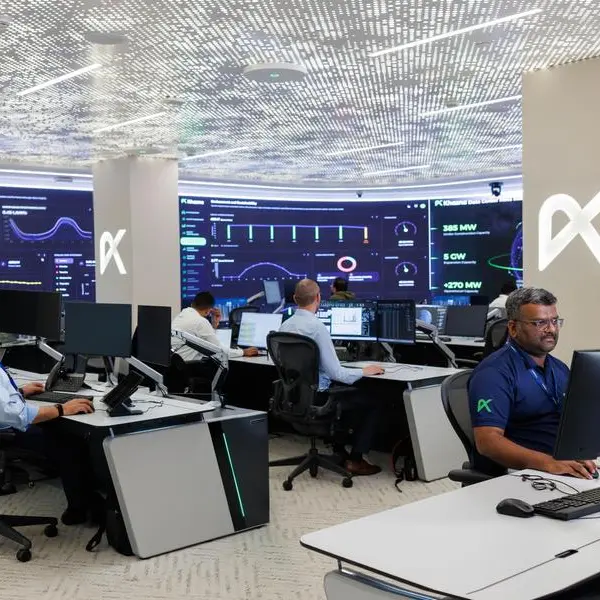PHOTO
Investment in artificial intelligence (AI), which is rising quickly and could reach $200 billion globally by 2025, could eventually have a massive impact on GDP, according to Goldman Sachs Economics Research.
Generative AI has enormous economic potential and could boost global labour productivity by more than 1 percentage point a year in the decade following widespread usage, Goldman Sachs economists Joseph Briggs and Devesh Kodnani wrote in a recent note.
But for large-scale transformation to happen, businesses will need to make significant upfront investment in physical, digital, and human capital to acquire and implement new technologies and reshape business processes. "Those investments, which could amount to around $200 billion globally by 2025, will probably happen before adoption and efficiency gains start driving major gains in productivity," the writers said.
The US is the best positioned to take advantage of AI technology and American companies "will likely be relatively early adopters," the note said. While other countries, like China, could also see the impact on their economies, the investment impact will be smaller and could lag further.
Over the longer-term, AI-related investment could peak as high as 2.5 to 4% of GDP in the US and 1.5 to 2.5% of GDP in other major AI leaders, if growth projections are fully realised, it said.
The investment impact could begin from in the second half of this decade, with earlier adoption by larger firms in information and professional, scientific, and technical services, the note said.
The research estimates AI investment could approach $100 billion in the US and $200 billion globally by 2025. “Despite this extremely fast growth, the near-term GDP impact is likely to be fairly modest given that AI-related investment currently accounts for a very low share of U.S. and global GDP,” Briggs and Kodnani said.
(Writing by Brinda Darasha; editing by Seban Scaria)




















